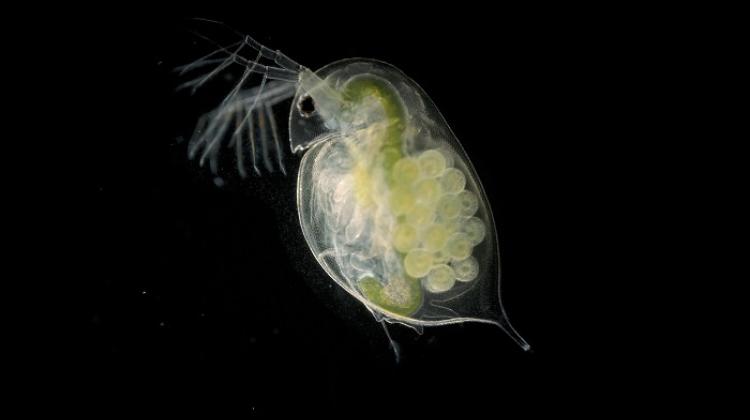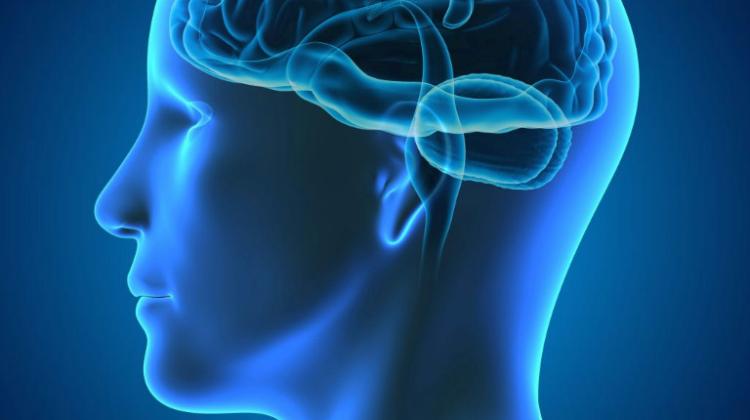ERC Grant for Polish researcher to study emotions

Dr. Ewelina Knapska from the Nencki Institute of Experimental Biology is yet another Polish researcher who has received a prestigious grant of the European Research Council (ERC). With more than 1.3 million euros funding, she will investigate how the centre of emotions in the brain controls the emotions transmitted socially.
The European Research Council (ERC) awarded here the Starting Grant for persons from two to seven years after the doctorate. "Dr. Knapska will use the awarded funding (over 1.3 million euros) to set up a team that will examine how the amygdala, which are the centre of emotions in the brain, controls the positive and negative emotions transmitted socially" - reported the Nencki Institute.
"A few days ago panic broke out at the Los Angeles airport. It started when someone dropped something heavy on the floor, someone thought they heard gunshots, someone else started screaming. People at the airport infected each other with emotions. In this case it was fear. This phenomenon often occurs in large groups of people, at concerts or sports stadiums. We can infect each other not only with fear, but also joy and happiness. But still we do not know how the brain controls socially transmitted emotions" - explained Dr. Knapska.
Scientists want to study this process at a very precise level: by manipulating individual neurons. "We have developed an innovative technology, which allows to conduct such research in animal models. It allows to illuminate neurons that have special photosensitive proteins and very accurately activate or inhibit them, and then watch how it affects behaviour. We also want to find out whether there are cells which are specifically associated with social emotions" - said the grant winner.
This is a basic research project, but in the long-term understanding these mechanisms may help scientists understand the disorders social interactions in people with autism and psychopathy. "Infecting with emotions is considered a basic form of empathy, the disorder of which has consequences in humans. Understanding these very basic mechanisms will help better understand how the human brain works" - added Dr. Knapska.
Dr. Ewelina Knapska is head of the Laboratory of Emotions Neurobiology at the Nencki Institute of Experimental Biology in Warsaw. She is also a laureate of the programs of the Foundation for Polish Science: Kolumb (2006) and Powroty/Homing (2008).
The ERC grants funding for three major types of projects lasting up to 5 years. Starting Grant (up to 1.5 million euros) is for researchers from 2 to 7 years after obtaining doctoral degree, Consolidator Grant (up to 2 million euros) - for scientists from 7 to 12 years after doctorate, and Advanced Grants (up to 2.5 million euros) is awarded to accomplished scientists who conduct their own research. In addition, scientists who have already won a grants from the ERC can apply for a Proof of Concept grant (up to 150 thousand euros) to develop their ideas for market needs.
In the years 2007-2013 (7th Framework Programme), Polish researchers won only 14 of the 4322 grants awarded by the ERC. Two years into the program Horizon 2020 (2014-2020), Polish scientific units have received ten of approx. 2 thousand awarded ERC grants.
PAP - Science and Scholarship in Poland
ekr/ zan/ mrt/
Przed dodaniem komentarza prosimy o zapoznanie z Regulaminem forum serwisu Nauka w Polsce.


















